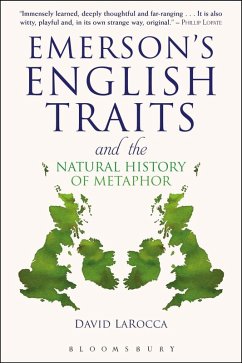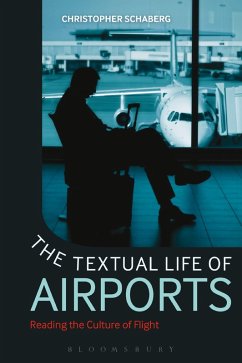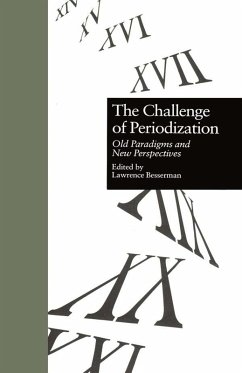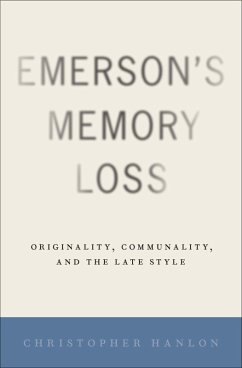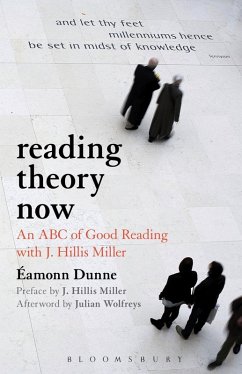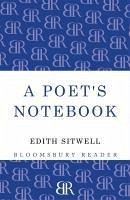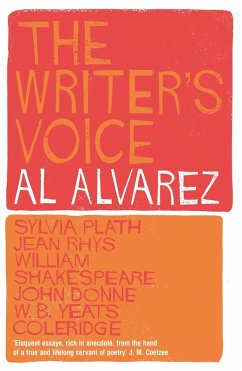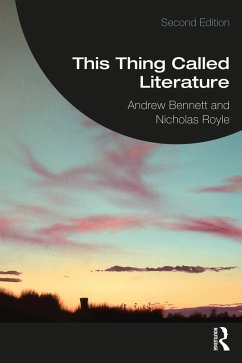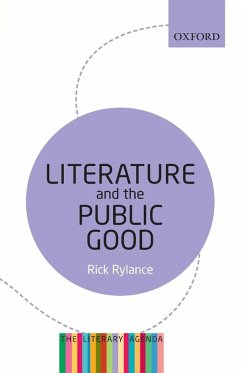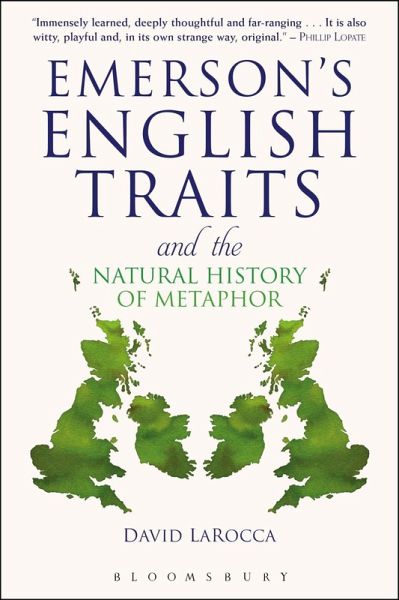
Emerson's English Traits and the Natural History of Metaphor (eBook, ePUB)

PAYBACK Punkte
14 °P sammeln!
Metaphors are ubiquitous and yet-or, for that very reason-go largely unseen. We are all variously susceptible to a blindness or blurry vision of metaphors; yet even when they are seen clearly, we are left to situate the ambiguities, conflations and contradictions they regularly present-logically, aesthetically and morally. David LaRocca's book serves as a set of 'reminders' of certain features of the natural history of our language-especially the tropes that permeate and define it. As part of his investigation, LaRocca turns to Ralph Waldo Emerson's only book on a single topic, English Traits ...
Metaphors are ubiquitous and yet-or, for that very reason-go largely unseen. We are all variously susceptible to a blindness or blurry vision of metaphors; yet even when they are seen clearly, we are left to situate the ambiguities, conflations and contradictions they regularly present-logically, aesthetically and morally. David LaRocca's book serves as a set of 'reminders' of certain features of the natural history of our language-especially the tropes that permeate and define it. As part of his investigation, LaRocca turns to Ralph Waldo Emerson's only book on a single topic, English Traits (1856), which teems with genealogical and generative metaphors-blood, birth, plants, parents, family, names and race. In the first book-length study of English Traits in over half a century, LaRocca considers the presence of metaphors in Emerson's fertile text-a unique work in his expansive corpus, and one that is regularly overlooked. As metaphors are encountered in Emerson's book, and drawn from a long history of usage in work by others, a reader may realize (or remember) what is inherent and encoded in our language, but rarely seen: how metaphors circulate in speech and through texts to become the lifeblood of thought.




